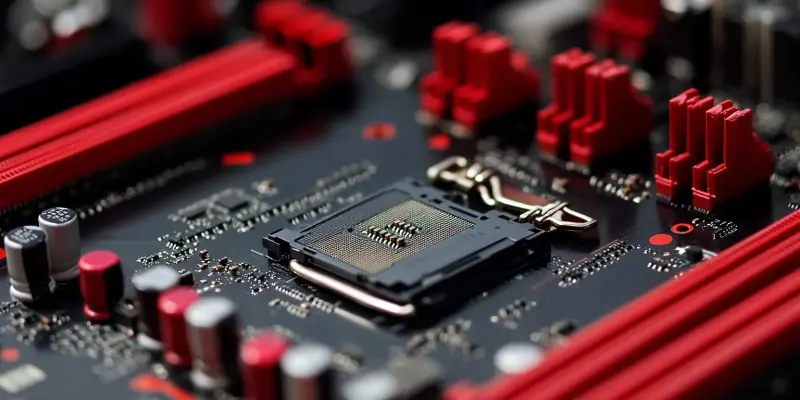In an unexpected move that has caught the tech world’s attention, AMD decided to delay the release of its highly anticipated RDNA 4 GPUs, specifically the Radeon RX 9070 XT and RX 9070. This strategic move comes as AMD seeks to better respond to NVIDIA’s upcoming RTX 50 series, known internally as the “Blackwell” series. By holding off on the launch, AMD aims to evaluate NVIDIA’s new offerings and adjust its strategy to secure a stronger position in the competitive GPU market. The competition between these tech giants has become particularly heated, with both companies striving to offer superior price-to-performance options for mainstream consumers.
Early leaks and performance tests have revealed that the Radeon RX 9070 XT outperforms NVIDIA’s RTX 4080 SUPER, which has already set high expectations among consumers. Priced competitively between $500 and $700, the RX 9070 XT promises a strong performance at a more attainable price point, which could make it challenging for NVIDIA to maintain its edge in the mainstream market. AMD’s calculated delay could thus be seen as a tactical move to fine-tune their product and marketing strategy in response to whatever NVIDIA unveils with their RTX 50 series.
AMD’s public statements suggest that the delay aims to provide their new GPU series a standalone spotlight upon release. However, industry sources have speculated that the real motive behind this delay is to allow AMD to strategically position itself better against NVIDIA’s upcoming product showcase. By doing so, AMD hopes to capitalize on the competitive landscape and enhance its market position. Reports have indicated that the RX 9070 series is already prepared for retail, with preorders possibly starting by January 23rd.
The broader trend in the GPU market is shifting towards high-performance yet budget-friendly options, which directly benefits mainstream consumers. If AMD’s strategy of delaying the RX 9070 series and meticulously planning its release proves successful, it could lead to considerable demand and potentially reshape the competitive dynamics of the mid-range GPU market. This deliberate and tactical delay by AMD signals an intense battle for dominance, but also an exciting time for consumers who stand to gain the most from these advancements.

